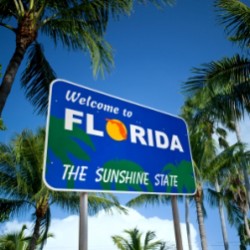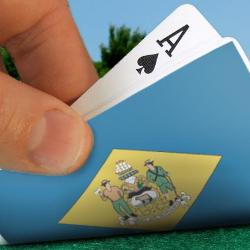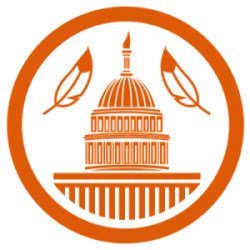Florida Considers Gaming Reform And Internet Poker Bill

Last year, Florida paid independent research firm Spectrum Gaming $400,000 to produce a report on Florida’s gaming industry and the potential effects of expanded gambling on the state. The study is now being used to help draft a comprehensive bill amending Florida’s existing gaming laws, with the bill then expected to be introduced sometime after March 3rd, which marks the start of the 2014 legislative session.
Current state of gambling in Florida
The Sunshine State currently offers three forms of gambling, namely casino boats which cruise to legal gambling jurisdictions offshore, Native American casinos, and Racinos. In 2013, Florida generated $385 million in gambling revenues, and up until now the seven Seminole casinos have offered slot machines, poker and table games, whilst the seven pari-mutuels racinos located in South Florida have specialized on horse and dog racing, slot machines and poker.
If, however, the expanded gambling bill is eventually passed by the state legislature, resort-style casinos offering all types of gambling games under one roof could become a feature of the Florida gambling landscape. Furthermore, it has been suggested online poker should be included in the bill, and as CBS Miami detailed in a local article:
“The changes could cover a wide range of issues from the “decoupling” of racing from pari-mutuel permits that allow for slot machines and card rooms, the possible authorization of one “destination resort” casino permit in Broward County and another in Miami-Dade County, and alterations to a controversial 2013 law intended to put Internet cafes out of business.”
What next for internet poker in the Sunshine State?
Although the possibility of including online poker in the bill was discussed during the Florida Senate Gaming Committee on February 10th, 2014, early indications are not promising that it will be included in the bill. With the completed bill expected to be finished by February 24th, it is essential that the bill contains a constitutional amendment including internet poker, otherwise it is highly improbable regulated online poker would be coming to Florida anytime soon.
In terms of revenue, it has been estimated that regulating and taxing internet poker could line state coffers with an additional $10 million or more each year, and as Former Florida Senator Dennis Jones stated in 2012: “I think intra-state poker can produce a lot more than $10-million..We could actually be the center for several states.”
Therefore, any stakeholders concerned with the possible omission of online poker from the comprehensive gambling bill should be encouraged to contact the Senate Gaming Committee in order to express the importance of the issue.
Significant hurdles still ahead
In 2012, US internet gamblers wagered around $3 billion on unregulated offshore poker websites, and after the DoJ revised its interpretation of the 2006 UIGEA to allow for state-by-state online gambling, Delaware, Nevada and New Jersey legalized their online gambling markets in 2013. Nevertheless, US online poker players from other unregulated states have continued playing on US-friendly poker sites, leading individual state lawmakers to conclude the most prudent path is to adopt their own internet gaming legislation.
Just like other US states currently considering gambling expansion, however, significant hurdles lie ahead in terms of both existing gambling interests, as well as anti-gambling proponents. In Florida, for instance, the gambling industry itself is undecided on how many casino destination resorts to permit in the state, and whether they should be restricted to just South Florida. This has complicated the plans of casino operators, such as Malaysian gambling giant Genting, which in 2012 spent $1 million promoting a constitutional amendment which would have allowed it to build a multibillion-dollar resort casino in Miami, South Florida. The company subsequently withdrew and adopted a wait and see approach, while the Legislature examined its implications, and as Las Vegas Sands lobbyist Nick Iarossi, explains:
“It’s a saturated market to begin with..The last thing you want to do is make a $2 billion investment and then have the Legislature authorize three more around you.”
Other major hurdles include resistance from Florida’s pari-mutuel racino slot-machine parlors, as well as the Seminole Tribe, which signed a five year, $1 billion compact with the state in 2010 to operate slot machines and table games. Renegotiating the compact and authorizing new casinos in Broward and Miami-Dade could result in significantly reduced voluntary payments from the Seminole Tribe of Florida to the state.
Finally, the Spectrum Gaming Group report highlighted the stark possibility expanded gambling in Florida could end up harming the state’s tourist industry, stating:
“The brand equity of Orlando has benefits for the entire state and expanded gambling may fundamentally change the state of Florida as a place to live and visit. Rather than benefiting the state, expanded gambling could make Florida a less-attractive tourist destination.”










